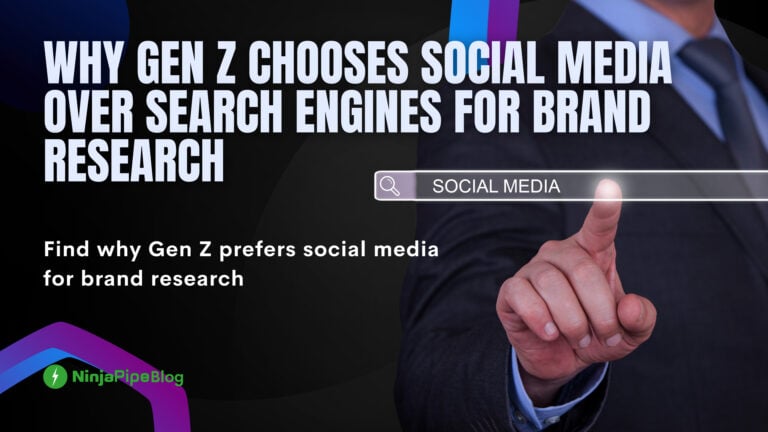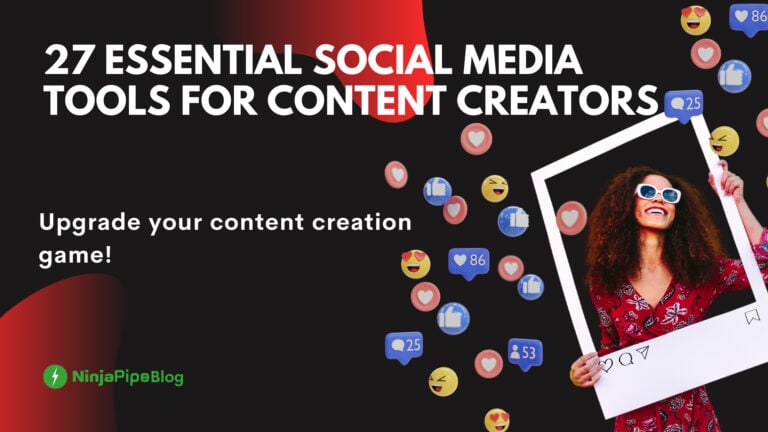Dive into the essentials with a beginner’s guide to event marketing. Uncover strategies for successful event promotion, online visibility, and brand success.
Introduction:
Organizing events is a fantastic way to bring people together, whether for a company celebration, product launch, or a simple get-together. In this guide, we’ll explore the basics of event marketing and how it can benefit small businesses and nonprofits. Let’s look into the world of event planning without the complexities.
1. Understanding Event Marketing:
Event marketing goes beyond simply selling products; it’s about creating memorable experiences for your audience. Whether hosting in-person or virtual events, the goal is to promote your brand, services, or products successfully.
2. Why Event Marketing Matters:
For small businesses and nonprofits, event marketing serves as a powerful tool to spread the word about what you offer. It’s not just about sales but also about building lasting relationships with your existing and potential customers.
3. Engaging Your Customers:
Event marketing provides many opportunities, such as growing your email list, generating sales, building one-on-one customer relationships, and increasing brand awareness. By hosting events, you gain valuable insights into your audience, allowing you to customize your marketing efforts more successfully.
4. Different Types of Event Marketing:
From building awareness and loyalty to educational seminars, conferences, and trade shows, there are endless possibilities in event marketing. Customize your events to suit your industry and engage your audience, whether through enjoying, workshops, or pop-up shops.
5. Planning Your Event Marketing:
Before looking into event planning, establish SMART goals — Specific, Measurable, Achievable, Relevant, and Time-bound. Focus on what you want to achieve, be it increased revenue, consultations, or community education.
6. Promoting Your Event:
Spread the word through many channels, including media, social media, landing pages, email campaigns, and more. Create a sense of importance with Fear Of Missing Out (FOMO) tactics, promising a good time and delivering on that promise.
7. During the Event:
Capture the moment by documenting it on social media and encouraging attendees to share their experiences. Consider live-streaming parts of the event to engage latecomers and build hype for future gatherings.
8. After the Event:
The work doesn’t end when the event does. Share photos and videos on social media, send thank-you messages, and collect feedback through surveys. Evaluate key performance indicators (KPIs) to understand the success of your event.
Conclusion:
Event marketing is a positive and accessible way for businesses and nonprofits to connect with their audience. By understanding the basics and focusing on engagement, small ventures can create impactful events that resonate with their community. Start planning your own events, and remember to keep it simple, engaging, and enjoyable for everyone involved. Happy planning!








Leave a Comment